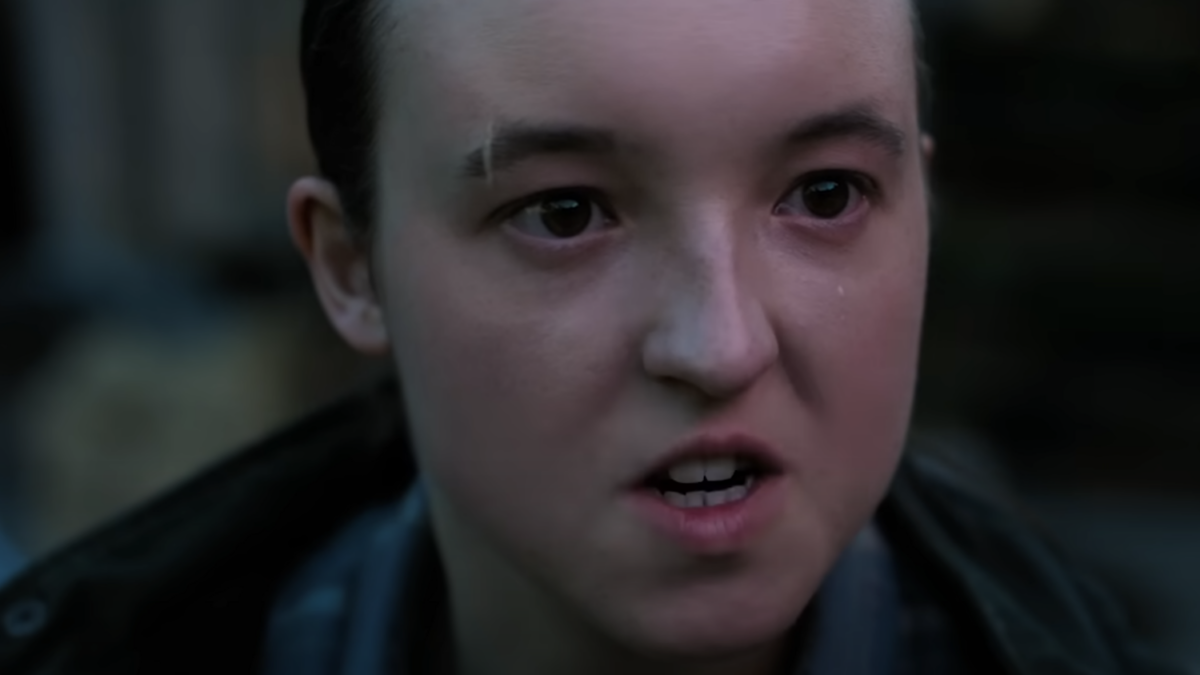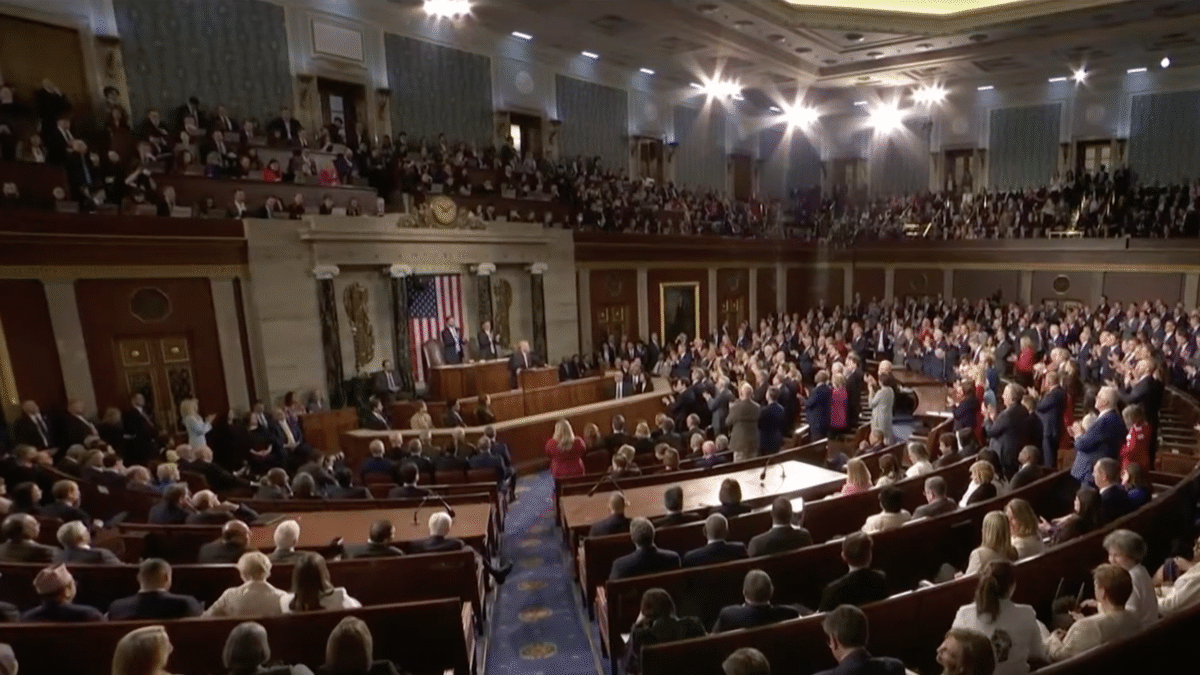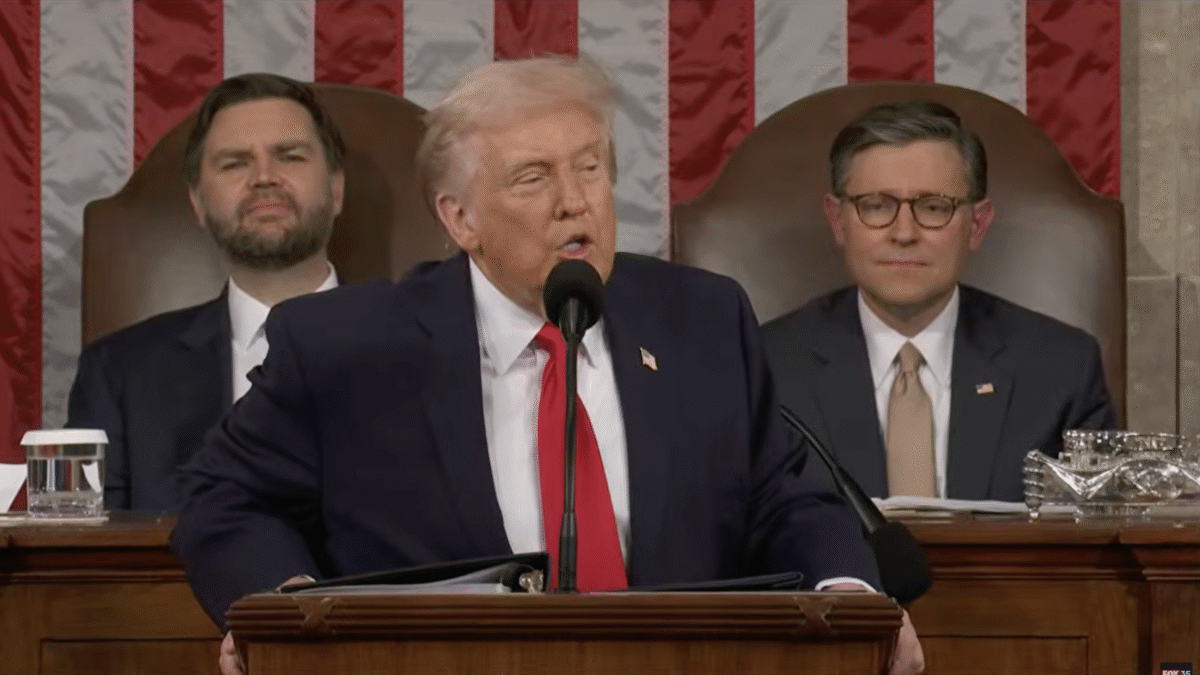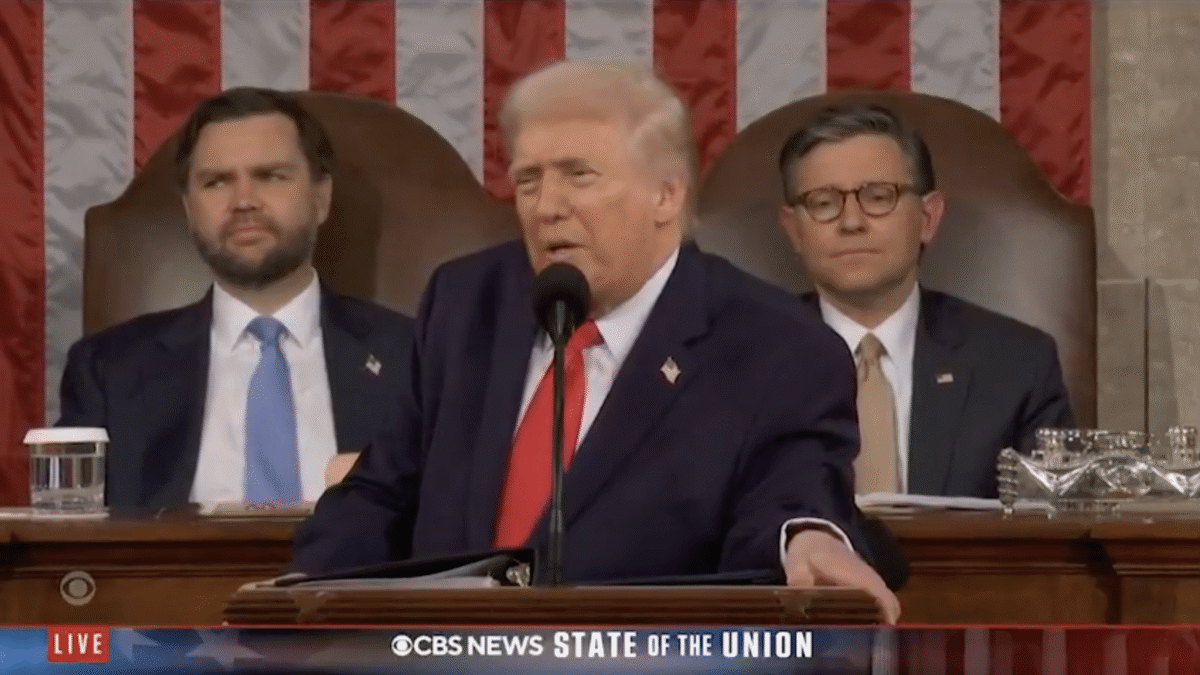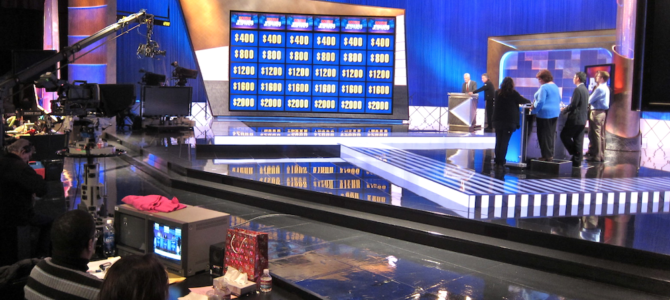
Over the past six months, the Wuhan coronavirus has taken a major toll on the entertainment industry. Some theme parks have reopened, but low visitor numbers suggest most guests seem disinclined to return to their pre-COVID-19 travel plans until an effective vaccine emerges. Capacity limits on theaters have battered the movie industry, with studios continuing to push back release dates on major films in light of recent bad box office showings.
One corner of the entertainment world has returned to something approaching normalcy, however. “Wheel of Fortune” and “Jeopardy!” returned to the air Monday evening, starting their 38th and 37th seasons in syndication, respectively. The shows’ return to the air, after making comparatively minor tweaks to accommodate public health concerns, represents another example of a return to normalcy — or at least a post-coronavirus version of “normal.”
Abrupt End in Spring
As with the rest of movie and television production, game shows ended taping abruptly once the virus hit in earnest in March. As part of its revival of a landmark franchise, ABC had plumped up for a fancy new set for “Who Wants to Be a Millionaire?” But rapidly advancing concerns regarding the pandemic meant the show couldn’t host a studio audience, making its famous theater-in-the-round-style set appear slightly naked as a result.
“Millionaire” finished taping its episodes before the pandemic shut down production entirely, albeit with an “audience” consisting entirely of production staff. Other shows didn’t have such luck. “Jeopardy!,” which normally airs new programming 46 weeks out of the year, had to end its season early when production stopped due to the pandemic.
Safety Precautions
Both “Wheel” and “Jeopardy!” returned to production in July with additional health and safety protocols. Mike Richards, the former producer of “The Price Is Right” who took over production of both shows from Harry Friedman this season, discussed some of the behind-the-scenes precautions: Only essential personnel are allowed on-set, crew and contestants are frequently tested, and personal protective equipment and sanitizer are used more rigorously.
A few changes appear obvious on camera. On “Wheel,” contestants use a plastic spinning cap to turn the wheel, rather than gripping it with their bare hands. It seems rather unlikely that someone would catch the coronavirus merely from gripping the wheel for a few seconds, but the move seems like a sensible precaution regardless.
“Jeopardy!” saw the bigger change, with the contestants’ podiums spaced out to promote social distancing. (The contestants on “Wheel of Fortune” have traditionally been more spaced out, so any additional spacing the producers added for hygienic reasons appears slight.) The wider screenshot of all three spaced-out contestants creates a bit of an adjustment for longtime viewers of the show. Even this change comes with a positive benefit, however, preventing players from pulling a Cliff Clavin and trying to peek over the privacy screens between contestants in Final Jeopardy!
As for the contestants themselves, “Jeopardy!” seems to have limited itself to Los Angeles-area players for the time being, given pandemic travel constraints. At the start of Monday’s show, host Alex Trebek said last season’s final champion, Zach Newkirk, who lives in Alexandria, Virginia, would return later in the 37th season to defend his title. While a champion not returning to defend on the next day’s show is unusual, it has occurred a few times before, most recently in season 32.
Nonexistent Audiences
The biggest changes to each game show occurred off-camera. Each show will not have studio audiences for the time being. One “Jeopardy!” video showed production staff spread out in the seats usually reserved for a public audience.
Despite the fact that the shows announced no studio audiences, both new episodes of “Wheel” and “Jeopardy!” contained verbal audience reactions, such as applause and laughter. As with some live sporting events, the shows apparently decided to add “canned” sound to mimic the traditional studio experience for the at-home audience.
While in-studio applause sounds normal to the viewer at home, I could argue the noise actually distracts contestants in the studio, particularly in a fast-paced show such as “Jeopardy!” If the shows also limit access to friends and close family, however, that could make a potentially nerve-racking experience that much more stressful for contestants.
Normality for Host and Audience
Most of the focus regarding the return of “Jeopardy!” has centered around host Trebek, for obvious reasons. Both his age (he turned 80 in July) and his stage-four pancreatic cancer put him at high risk should he contract COVID-19.
But Trebek himself is thankful for the opportunity to resume his normal life — to leave his quarantine and get back to work. Similarly, fans of both shows can find some serenity in their usual routine of puzzles, questions, and answers returning to the airwaves.
For millions of fans, “Wheel of Fortune” and “Jeopardy!” have become comfort food over the decades, a pleasant distraction providing wholesome entertainment and intellectual stimulation. Amid disease, economic hardship, and national protests, their return marks incremental progress in turbulent times.





